Is Jello Healthy? Hear It From The Experts
The gelatin in your fun and jiggly dessert can benefit your health in many surprising ways.
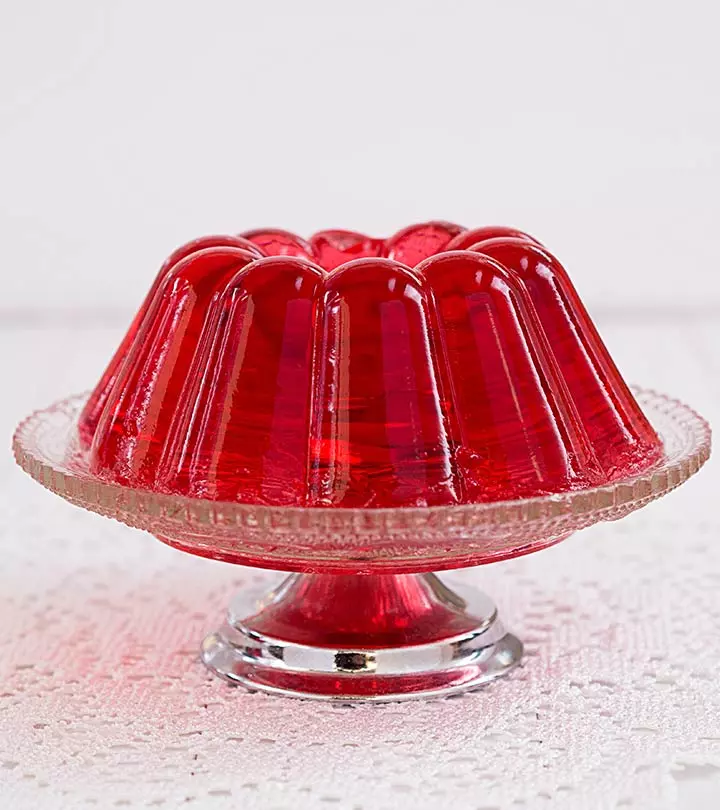
Image: Shutterstock
That sweet, jiggly, colored dessert on the supermarket shelves may always grab your attention. It is jello (Jell-O), a gelatin-based dessert, sold in ready-to-eat or powdered form. It is a trademark of Kraft foods which manufactures jello, puddings, and other gelatin desserts. This fat-free snack is a favorite option for many who want to lose weight. Gelatin, the main ingredient in Jello, is made from collagen and has been linked to several health benefits like better skin elasticity, joint health, and digestion. Its special amino acid makeup might also help with muscle growth and recovery.

But is jello really healthy to eat? Is Jello good for you? What happens when you overeat jello loaded with high sugar and artificial flavorings, synthetic dyes, and sweeteners? Here, we answer all your questions and also discuss how you can make your own jello at home. Keep reading.
 Know Your Ingredient: Jello
Know Your Ingredient: JelloWhat Is It?
A gel-like, sweet, and colorful product made of gelatin, which is extracted from the skin and bones of cows and pigs.
What Are Its Benefits?
It may help improve bone health and digestion and provide energy.
Who Can Use It?
Anyone can consume it except people who follow a vegetarian and vegan diet to satisfy their sweet tooth cravings.
How Often?
Avoid daily consumption of jello as it is filled with calories.
Caution
Avoid jello if you have diabetes and gelatin allergy. It may also increase the risk of mad cow disease if the manufacturer did not follow the FDA safety guidelines.
In This Article
Jello Nutrition Facts
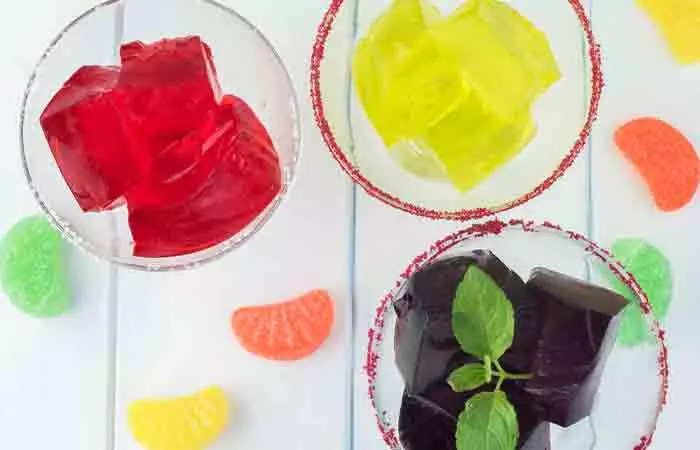
Half a cup of jello gelatin (135g) contains (1):
- Calories: 84
- Carbohydrates: 19g
- Sugar: 18g
- Fiber: 0g
- Protein: 1.6g
- Sodium: 101 mg
- Potassium: 1.4 mg
Jello is high in sugar and contains low concentrations of vitamins and minerals essential to maintaining optimal health. So, is jello healthy at all? Let us find out.
Key Takeaways
- The health benefits of jello can be attributed to its primary ingredient, gelatin.
- Gelatin may improve bone health and aid in weight loss
- But the artificial colors and sweeteners added to jello are bad for the health, so limited consumption is advised.
Is Jello Healthy?
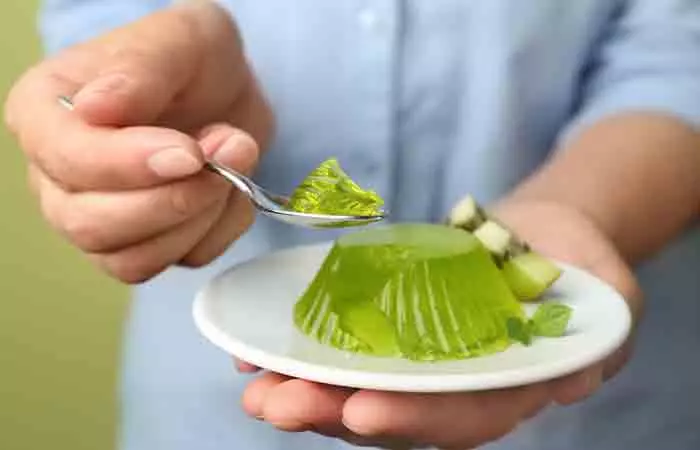
Portion-controlled jellos are convenient if you aim to lose weight. But they are high in sugar and low in protein and fiber (besides offering fewer vitamins and minerals). Hence, jellos could be unhealthy and their intake must be limited. Even sugar-free jellos contain artificial sweeteners like aspartame, whose high intake may cause Oxidative stressi An imbalance between free radicals and antioxidants that causes cellular damage. and cell membrane damage and potentially lead to systemic inflammation (2).
 Did You Know?
Did You Know?However, the primary ingredient used in making jello — gelatin — has some benefits. It is a colorless, flavorless gelling agent extracted from collagen taken from the body parts of animals. So, what are these gelatin benefits we are talking about?
1) May Improve Bone Health
Consuming 5 grams of specific collagen peptides for 12 months daily was found to improve age-related bone mineral density in postmenopausal women. It may also improve bone formation and decrease bone degradation (3). Besides, athletes supplemented with collagen hydrolysate for 24 weeks experienced a reduction in joint pain (4). Hence, the gelatin in jello may potentially help prevent the deterioration of joints. However, more direct research is warranted in this regard.
2) May Help With Weight Loss
Long-term intake of the gelatin diet may suppress hunger. A study by Maastricht University (The Netherlands) found that gelatin intake had increased appetite suppression and reduced energy intake (5). Another study suggests that consuming a gelatin meal may also help maximize satiety in obese individuals (6). This, in turn, could curb overeating and induce weight loss.
Besides, oral supplementation of collagen peptides may help improve collagen density in the dermis layer and skin moisture, and reduce skin aging effects (7). However, limited research is available to prove this claim.
But the collagen content in jello is very low to reap its benefits. Also, eating sugar-rich jellos made with artificial colors and flavorings may cause certain side effects. Let us find out what they are.
Possible Side Effects Of Jello

Christine VanDoren, a nutritionist, says, “When you eat jello regularly, you may feel both positive and negative effects of it. The gelatin in the jello can help with your digestion, ease joint pain, improve sleep quality, and increase your bone strength. On the other end, it has also been known to cause bloating and heartburn. It is important to be aware that many people have a gelatin allergy, so proceed with caution if you have never consumed gelatin before.”
Added sugars (artificial sweeteners) are linked with an increased risk of cardiovascular disease, cancer, obesity, diabetes, non-alcoholic fatty liver disease, and cognitive declinei The gradual deterioration of memory, reasoning, and problem-solving abilities. (8). If you want to go with sugar-free jello, the sweetener aspartame may cause inflammation and damage cells (2). A study by Cesare Maltoni Cancer Research Center (Italy) indicated that aspartame may exhibit carcinogenic effects (9). These sweeteners may also increase your sugar cravings (10).
Jello also contains many artificial colors that may have harmful effects on your health. A review published in the Environmental Health Perspectives suggests that three dyes — red 40, yellow 5, and yellow 6 — account for 90% of the dyes used in foods in the US. These dyes contain benzidine, which may increase cancer risk (11). Sugar dyes may also cause behavioral changes in children if the color doses exceed 50 mg. However, these dosages vary between brands. Moreover, some people may experience allergic reactions after consuming gelatin-based products (12). Stop the intake and consult your doctor if you experience any such reactions.
You can also prepare jello easily at home with natural ingredients. Here are a few simple steps to follow.
How To Prepare Jello Easily At Home
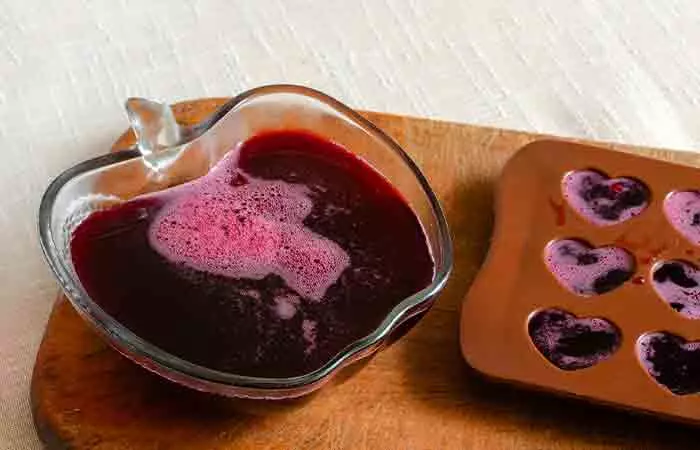
What You Need
- Apple juice – 2 cups
- Pomegranate juice – 2 cups
- Unsweetened dry powdered gelatin – 2 tablespoons
Process
- Pour 2 cups (one cup each) of the juice into a bowl.
- Sprinkle the gelatin and let it sit for five minutes (to soften).
- Bring the remaining 2 cups of the juice to a boil.
- Pour the hot juice into the bowl and stir to combine and dissolve the gelatin.
- Pour into a 9 x 12 baking pan.
- Refrigerate until firm (for several hours).
- Cube and serve plain or with whipped cream.
 Quick Tip
Quick TipDon’t be afraid to add your own tweak to the recipe. Cheryl Tew, a food blogger, makes a delicious jello recipe using orange and raspberry jello along with frozen raspberries, pomegranate, and cranberries. She writes, “I know that this may sound a little strange, but I will never forget the first time I tried this jello, it was like a little slice of heaven. Seriously, it is so yummy (i)!”
Most manufacturers use several artificial ingredients in jello to get the desired color, flavor, and taste. Let us understand what these nutrients are.
What Are The Ingredients Used In Jello Preparation?
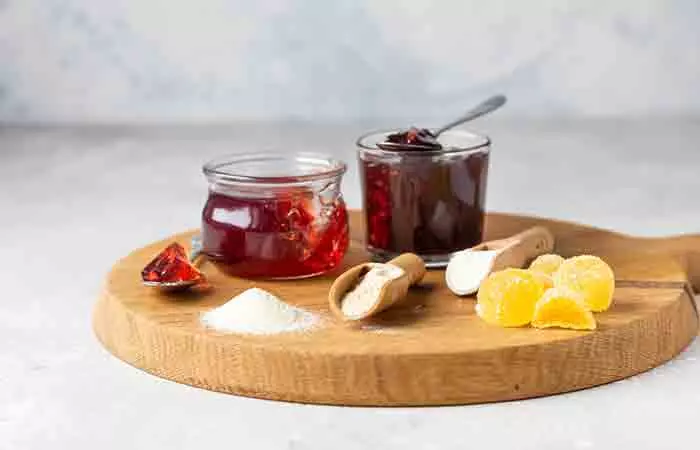
Jello is a mix of gelatin, water, food colorings, artificial sweeteners (aspartame, a calorie-free synthetic sweetener), and flavoring agents. Gelatin gives the wiggly texture to jello.
Some brands produce jellos with natural colors (extracted from carrots or beetroots). Most jello brands, however, opt for synthetic colors and artificial flavoring agents. Check the ingredients list on the label if you want to buy jello with natural coloring agents.
Note: Jello is not a vegetarian or vegan dessert as it is made from gelatin extracted from boiled bones, connective tissues, and other animal products.
These are some key ingredients used in Jello preparation. But is the gelatin used in Jello gluten-free? Scroll down to find out.
Is Gelatin Gluten-Free?
While pure gelatin is gluten-free, some canned soups and gummy candies made from gelatin may contain gluten. Hence, always check the product label to ensure there are no added ingredients that contain gluten.
Storing Jello properly is essential to maintain its texture and keep it from spoiling. Understand more about the same in the next section.
How To Store Jello
Here is how you can store Jello:
- Let the Jello cool down to room temperature after preparing it. Then cover it in aluminum foil and store it in a refrigerator.
- Make sure the prepared Jello is covered tightly to keep it from drying out.
- Avoid freezing Jello as it may cause the water to separate from the gelatin and lead to changes in its texture.
Now, let’s explore smart ways to enjoy it as part of a well-balanced and nutritious diet. Scroll down to learn more.
Tips For Including Jello In A Balanced Diet
- Use honey, stevia, or monk fruit in place of refined sugar when preparing your homemade jello.
- For added fullness, serve with nuts, seeds, or a scoop of whipped coconut cream.
- Enjoy Jello in moderation to avoid the intake of excessive artificial additives.
- Jello contains gelatin, which absorbs water and can cause dehydration. So, make sure you drink plenty of water.
- For additional fiber, vitamins, and antioxidants, include frozen or fresh fruit such as oranges, kiwis, or berries.
- To cut down on needless additional sugars, use low-sugar or sugar-free Jello.
- Opt for sugar-free or low-sugar Jello to reduce unnecessary added sugars.
Infographic: Possible Side Effects Of Jello
Jello is a ready-to-eat, sweet gelatin-based product. It has its own set of benefits if consumed in moderation. However, excess consumption of jello may cause adverse effects. We have rounded up the possible side effects of jello in the infographic below! Scroll down to know more!
Some thing wrong with infographic shortcode. please verify shortcode syntax
Jello is a delicious sugar-rich dessert that soothes your sweet tooth. While it is tasty to eat and has low calories and no fat, overindulgence is not recommended as it is loaded with artificial sweeteners. Jello’s nutritional benefits are few and are related to its collagen and gelatin. It may boost bone health, aid in weight loss, or may improve hair, nail, and skin health, but overconsumption may lead to an increased risk of chronic disorders. The additives present in jello may increase the risk of cardiovascular disorders, inflammation, gastrointestinal issues, and even cancer. It is recommended that you prepare jello at home with an array of natural fruit juices to avoid these health complications.
Frequently Asked Questions
Is Jello good for your gut?
There is not enough scientific evidence to suggest that Jello is good for your gut.
Is Jello good for your brain?
Maybe. The gelatin present in Jello may have neuroprotective effectsi The ability of specific compounds to protect nerve cells from damage, deterioration, or dysfunction. (13).
Is Jello keto-friendly?
No. Jello is highly processed and packed with added sugars and is not allowed on a keto diet.
Is Jello anti-inflammatory?
Maybe. The gelatin present in Jello has anti-inflammatory effects
(14).
Illustration: Health Benefits Of Jello, Side Effects, And How To Make

Image: Stable Diffusion/StyleCraze Design Team
Check out this video to learn how to make delicious jelly right at home with this easy-to-follow recipe. From fruity flavors to creative molds, enjoy the fun and satisfaction of making your own homemade jello!
Personal Experience: Source
StyleCraze's articles are interwoven with authentic personal narratives that provide depth and resonance to our content. Below are the sources of the personal accounts referenced in this article.
i. Cranberry pomegranate jellohttps://whatscookintew.blogspot.com/2008/12/cranberry-pomegranate-jello.html
References
Articles on StyleCraze are backed by verified information from peer-reviewed and academic research papers, reputed organizations, research institutions, and medical associations to ensure accuracy and relevance. Read our editorial policy to learn more.
- Jello Gelatin
https://www.nutritionix.com/food/jello-gelatin - Revisiting the safety of aspartame
https://pubmed.ncbi.nlm.nih.gov/28938797/ - Specific Collagen Peptides Improve Bone Mineral Density and Bone Markers in Postmenopausal Women-A Randomized Controlled Study
https://pubmed.ncbi.nlm.nih.gov/29337906/ - 24-Week study on the use of collagen hydrolysate as a dietary supplement in athletes with activity-related joint pain
https://pubmed.ncbi.nlm.nih.gov/18416885/ - Single-protein casein and gelatin diets affect energy expenditure similarly but substrate balance and appetite differently in adults
https://pubmed.ncbi.nlm.nih.gov/19864402/ - Oral ingestion of a hydrolyzed gelatin meal in subjects with normal weight and in obese patients: Postprandial effect on circulating gut peptides
glucose and insulin - The effect of oral collagen peptide supplementation on skin moisture and the dermal collagen network: evidence from an ex vivo model and randomized
placebo-controlled clinical trials - Relationship between Added Sugars Consumption and Chronic Disease Risk Factors: Current Understanding
https://www.ncbi.nlm.nih.gov/labs/pmc/articles/PMC5133084/ - The carcinogenic effects of aspartame: The urgent need for regulatory re-evaluation
https://pubmed.ncbi.nlm.nih.gov/24436139/ - Gain weight by “going diet?” Artificial sweeteners and the neurobiology of sugar cravings
https://www.ncbi.nlm.nih.gov/labs/pmc/articles/PMC2892765/ - DIET AND NUTRITION: The Artificial Food Dye Blues
https://www.ncbi.nlm.nih.gov/labs/pmc/articles/PMC2957945/ - Anaphylactic shock after sensitization to gelatin
https://academic.oup.com/bja/article/107/4/647/228262 - Gelatin promotes rapid restoration of the blood brain barrier after acute brain injury
https://pubmed.ncbi.nlm.nih.gov/29037893/ - The Anti-Inflammatory Effect of Bovine Bone-Gelatin-Derived Peptides in LPS-Induced RAW264.7 Macrophages Cells and Dextran Sulfate Sodium-Induced C57BL/6 Mice
https://www.ncbi.nlm.nih.gov/pmc/articles/PMC9003490/
Read full bio of Dr Archana Batra
Read full bio of Sindhu Koganti
Read full bio of Ravi Teja Tadimalla
Read full bio of Aparna Mallampalli










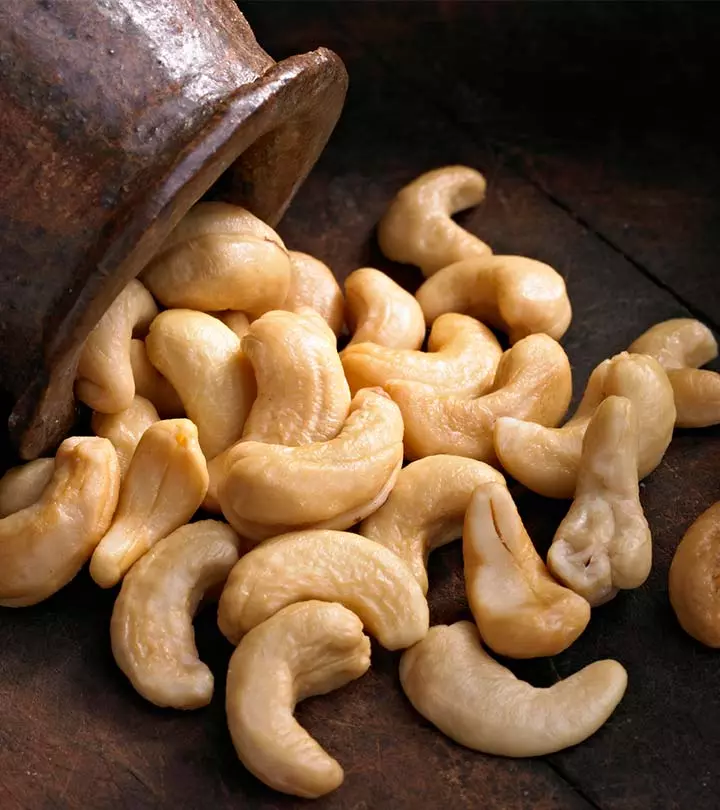


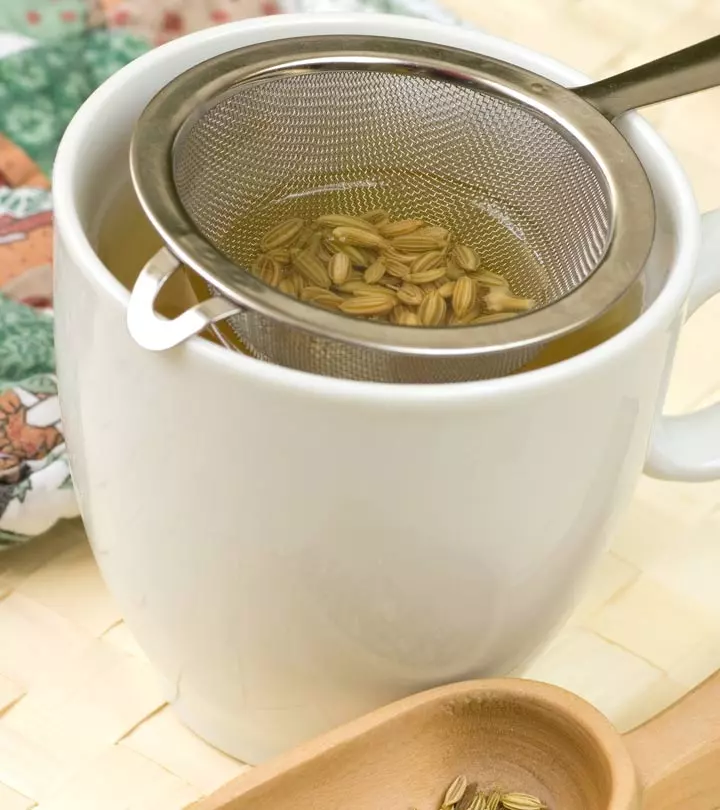
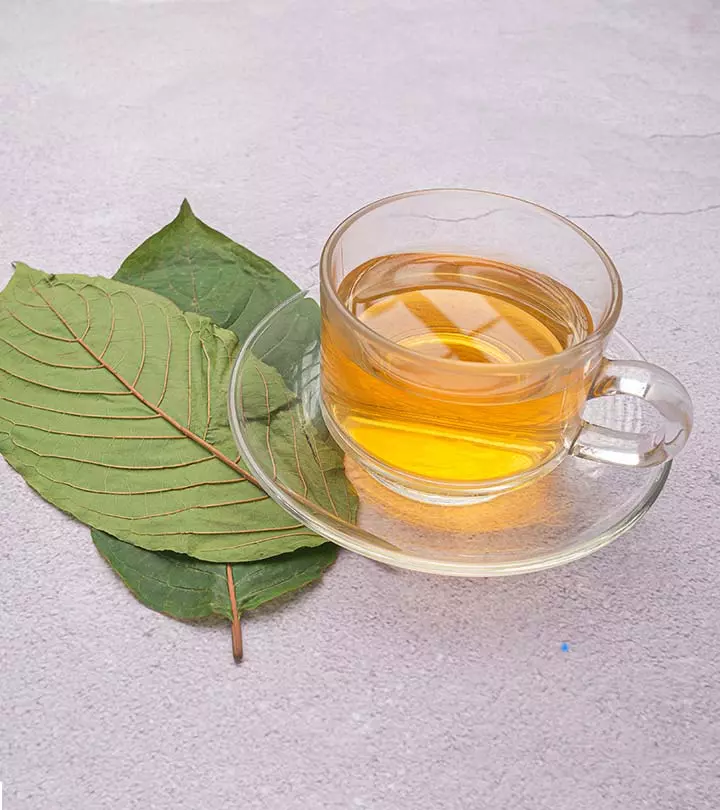
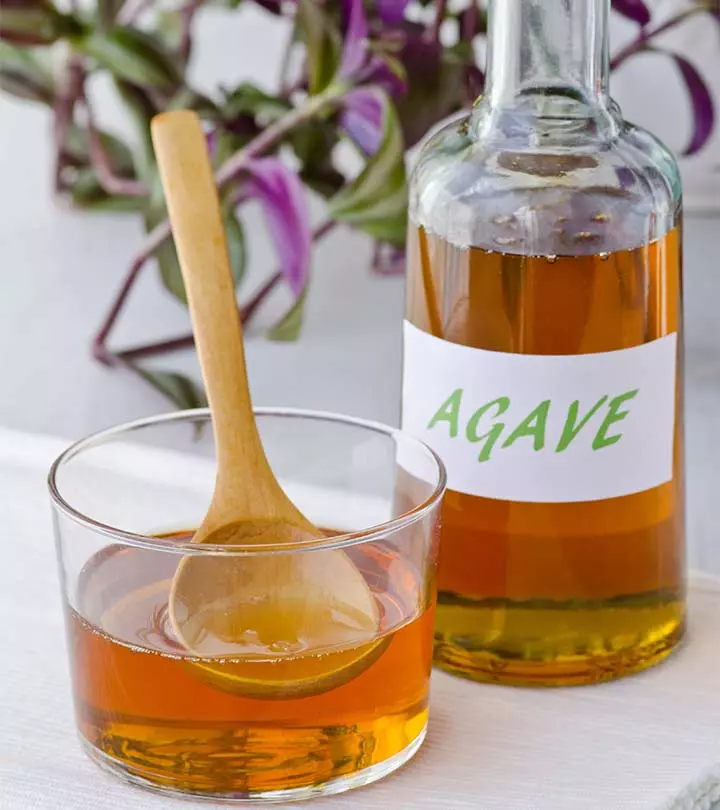
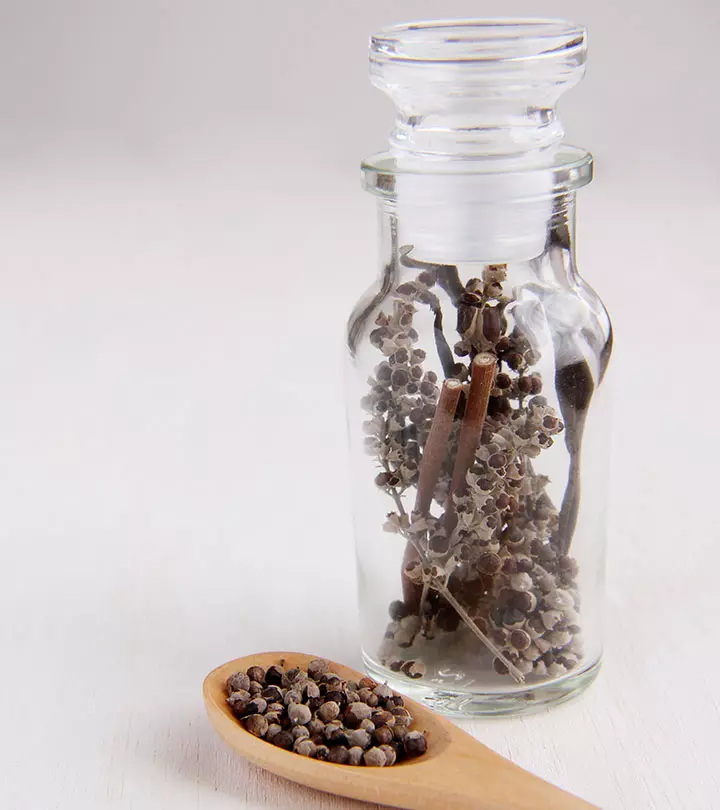

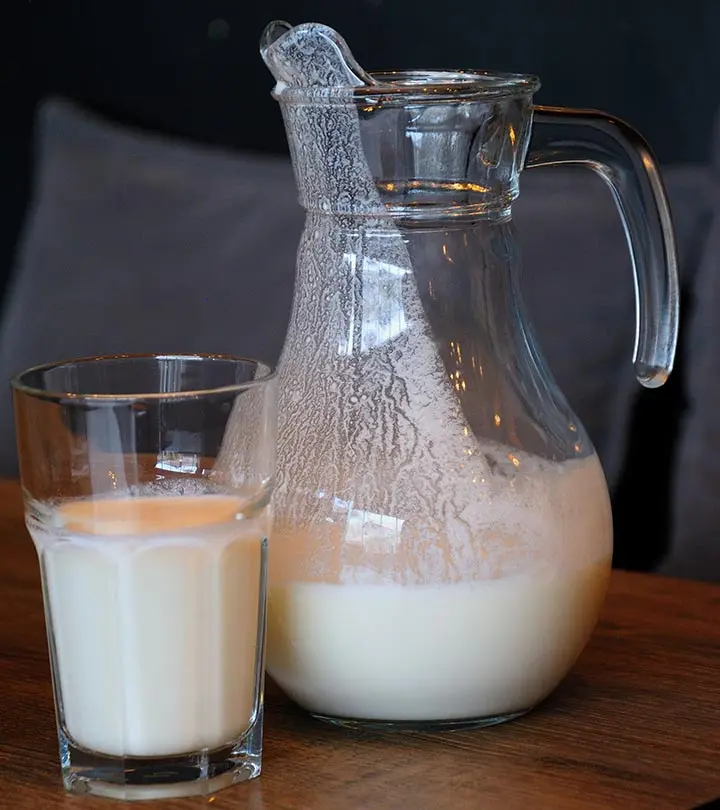
Community Experiences
Join the conversation and become a part of our empowering community! Share your stories, experiences, and insights to connect with other beauty, lifestyle, and health enthusiasts.